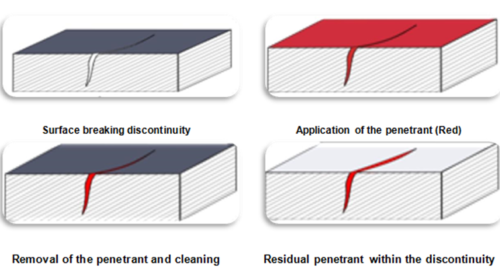




DPT Test – Purpose, Benefits & Applications-
What is a DPT Test?
DPT stands for Dielectric Pressure Test (also known as Dielectric Withstand Test or High Voltage Test). It is a crucial electrical test used to verify the insulation strength of electrical equipment and components. The test involves applying a high voltage to the equipment to ensure it can safely operate without breakdown or failure.
Why is the DPT Test Performed?
The DPT test is conducted for the following reasons:
• To ensure safety: Verifies that the insulation can handle high voltage without electrical breakdown.
• To detect faults: Identifies cracks, moisture, or weak insulation before they lead to failure.
• To maintain quality: Confirms that the equipment meets international safety and performance standards.
• To prevent accidents: Reduces the risk of electric shocks, fires, and system breakdowns.
Benefits of the DPT Test:
• Improves safety for operators and equipment.
• Enhances reliability of electrical systems.
• Reduces maintenance costs by identifying issues early.
• Ensures compliance with industry standards and regulations.
• Extends equipment lifespan by preventing insulation damage.
Where is the DPT Test Required?
The DPT test is essential in a wide range of sectors and equipment, including:
• Power transformers
• High voltage cables and switchgears
• Electric motors and generators
• Distribution boards and control panels
• Electrical installations in industrial, commercial, and residential buildings
• Boilers – to verify insulation integrity under high temperature and pressure
• Pressure vessels – to detect flaws or insulation breakdown in high-pressure environments
• Pipelines – to check for insulation issues, especially in critical or underground sections
• Welded joints – to ensure no cracks or faults exist in or around welding areas that may lead to leakage or failure under pressure
Where is the DPT Test Performed?
• In manufacturing facilities – during the production process.
• At substations and power plants – during installation or maintenance.
• On-site in industries or commercial buildings – using portable testing equipment.
• In certified testing laboratories – for detailed analysis and reporting.
• At construction or fabrication yards – especially for pipelines, boilers, and welded components,
Ensure the safety and reliability of your electrical systems with professional DPT testing services. Contact us today to schedule a test.